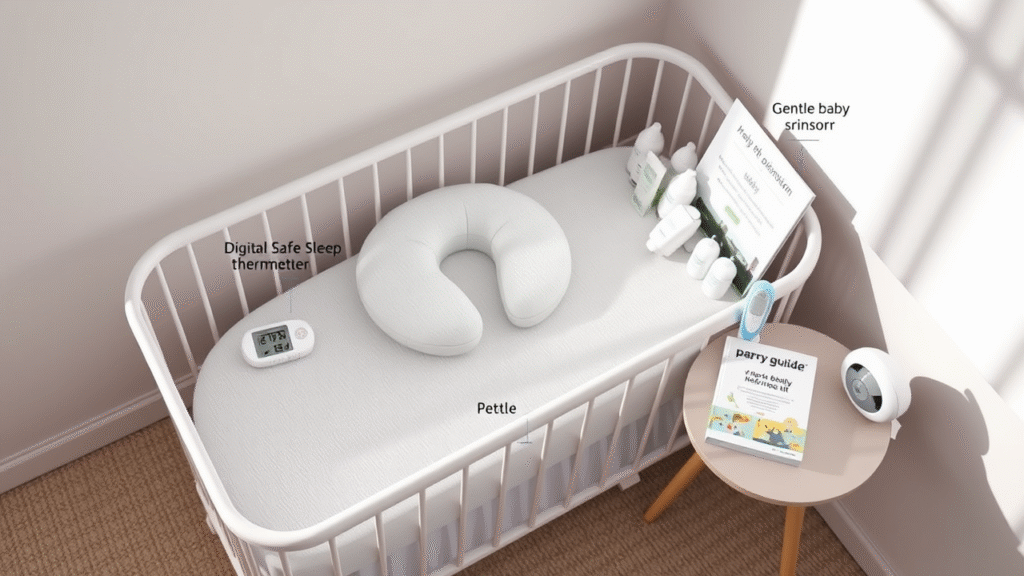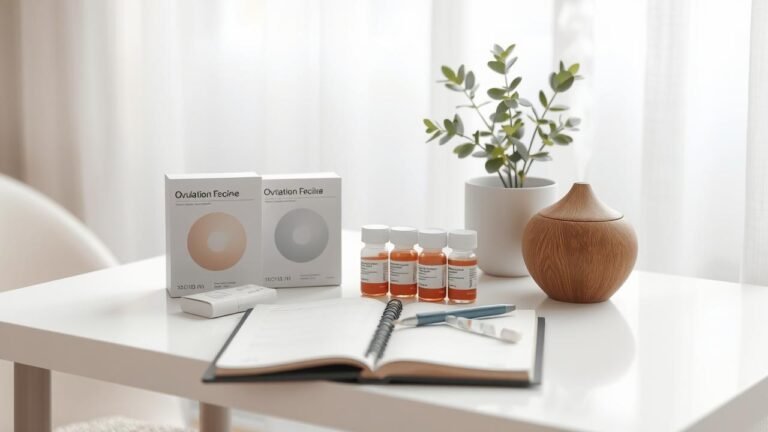Welcoming a newborn brings excitement and many questions about proper care before leaving the hospital. Knowing the essentials helps parents confidently meet their baby’s needs from day one. This guide covers everything from understanding your infant’s basic requirements and creating a safe sleep space to mastering feeding techniques and spotting common health concerns. You’ll also learn about hygiene routines, nurturing emotional bonds, preparing your home with key supplies, and finding support as you adjust to life with your new little one. Each aspect connects to build a complete foundation for successful newborn care at home.
Understanding Your Newborn’s Basic Needs Right After Birth
Understanding your newborn’s basic needs right after birth lays the foundation for confident and attentive care during those critical first days. This involves recognizing signs of hunger, ensuring warmth, providing comfort, and observing your baby’s sleep cues—all essential elements that directly influence feeding routines and safe sleeping arrangements discussed later in the blog. Attuning to these needs helps parents respond appropriately, reducing stress for both baby and caregiver. Early awareness also supports timely attention to hygiene practices and identifying any health concerns at home. By grasping these fundamental requirements, new parents can more effectively create a nurturing environment that promotes emotional bonding and development through early interaction. This initial understanding seamlessly connects with preparing the home setup and gathering necessary supplies to support ongoing newborn care. Ultimately, this foundational knowledge empowers parents to build confidence as they transition from hospital to home, making it easier to seek out resources tailored to their evolving journey with their newborn.
Creating a Safe and Comfortable Sleeping Environment for Your Newborn
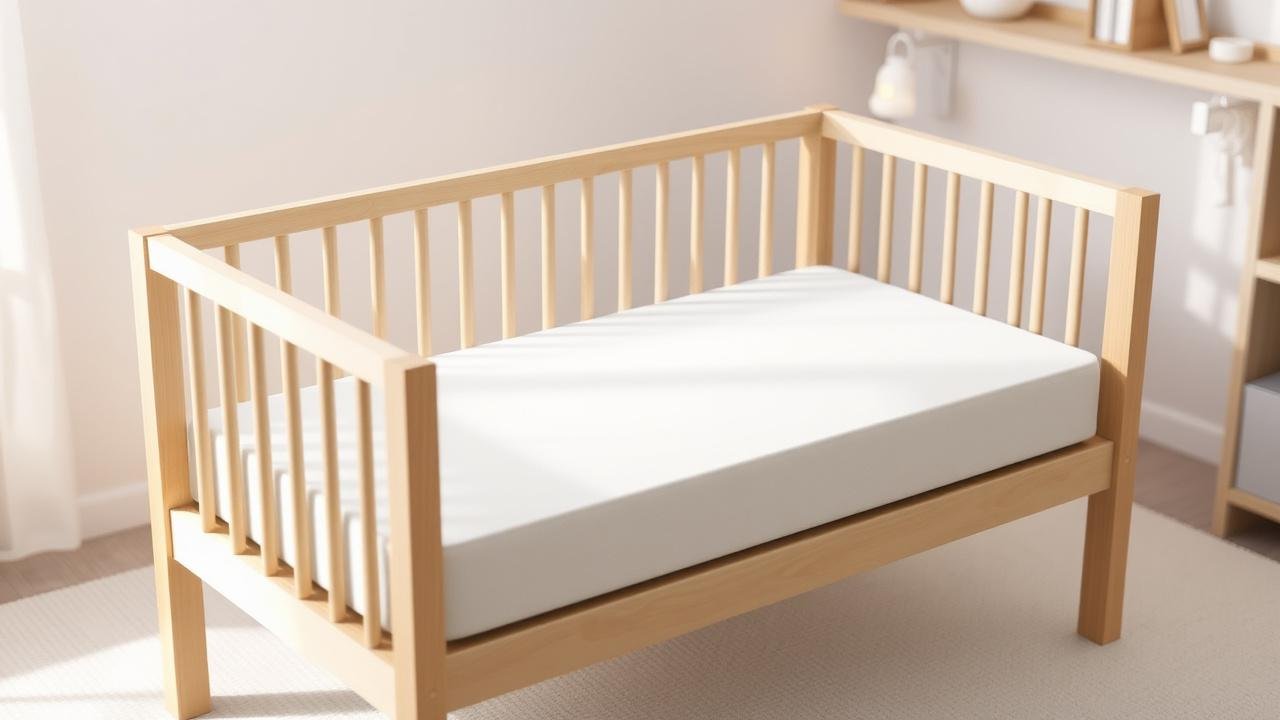
Creating a safe and comfortable sleeping environment for your newborn is fundamental to their well-being and supports many aspects covered in other essential newborn care areas. Ensuring the crib is free of loose bedding, toys, or pillows reduces the risk of Sudden Infant Death Syndrome (SIDS), directly linking to recognizing health concerns early on. Maintaining a consistent room temperature that’s neither too hot nor cold helps your baby sleep soundly while complementing effective hygiene practices by preventing overheating and sweating. A quiet, dimly lit space encourages restful sleep patterns, which are vital as you navigate feeding routines and emotional bonding. Thoughtful sleep arrangements also ease your transition from hospital to home by aligning with the setup tips for newborn care essentials. Ultimately, establishing this secure sleep setting not only promotes physical safety but also fosters the emotional comfort necessary for healthy development during these crucial first weeks.
Feeding Your Newborn: Tips for Successful Breastfeeding and Bottle-Feeding
Feeding your newborn is a vital aspect of early care that directly supports their growth and comfort, making it essential to master both breastfeeding and bottle-feeding techniques before leaving the hospital. Successful feeding involves understanding your baby’s hunger cues, latch methods for breastfeeding, and proper formula preparation for bottle-feeding. These practices connect closely with recognizing common health concerns, such as jaundice or digestive issues, ensuring timely responses to feeding challenges. Establishing a consistent feeding routine also complements creating a safe sleeping environment by promoting better rest patterns. Additionally, nurturing emotional bonds during feeding times reinforces your newborn’s emotional development and security. Proper hygiene around feeding supplies ties into overall newborn cleanliness standards critical to preventing infections. Preparing your home with essential feeding supplies aligns with broader post-hospital setup needs, while building confidence through support networks equips parents to navigate this foundational caregiving skill with assurance and ease.
Recognizing and Managing Common Newborn Health Concerns at Home
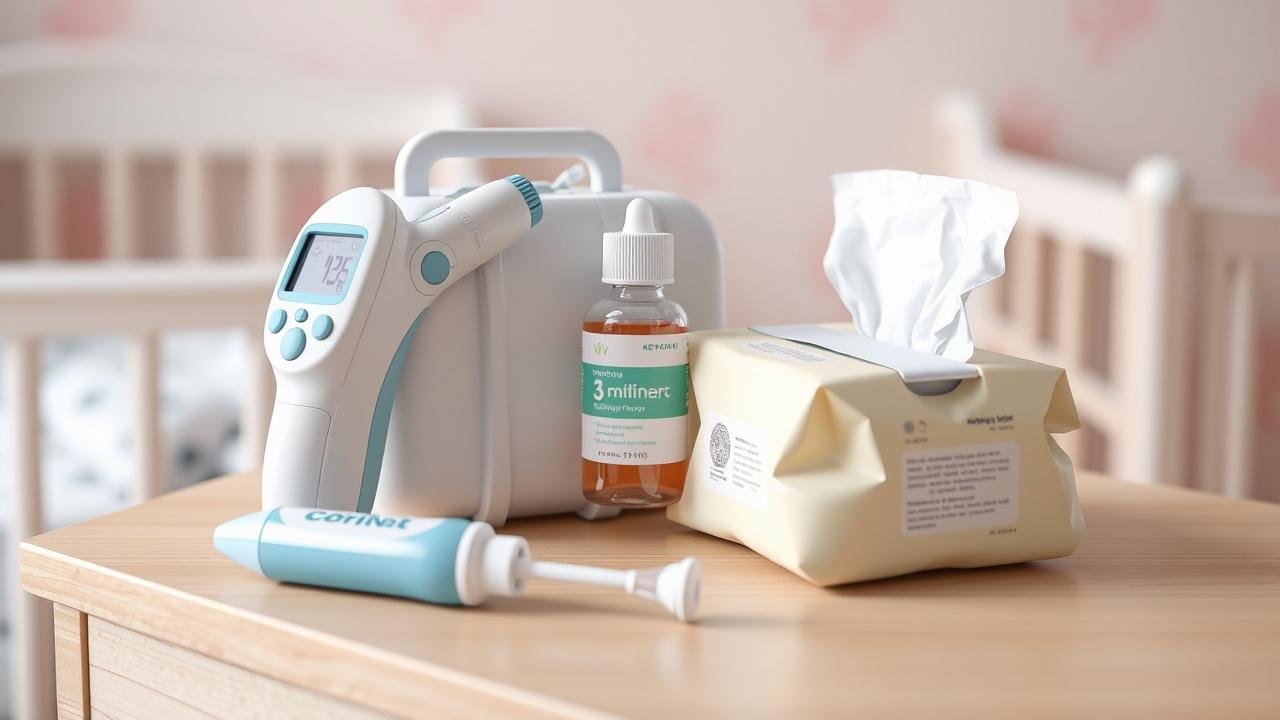
Recognizing and managing common newborn health concerns at home is a crucial skill that empowers parents to respond promptly and confidently. Newborns can exhibit signs of issues such as jaundice, feeding difficulties, or respiratory changes that require careful observation. Understanding these warning signals complements knowledge from sections like feeding guidance and hygiene practices, as proper nutrition and cleanliness directly impact health. Creating a safe sleeping space also reduces risks like sudden infant death syndrome, tying into overall well-being. Early detection of problems ensures timely medical consultation, preventing complications and easing parental anxiety. This awareness supports emotional bonding by allowing parents to focus on nurturing rather than worrying excessively. Preparing your home with essential supplies further facilitates swift care when concerns arise. Ultimately, combining this vigilance with the support resources highlighted elsewhere in the blog builds a comprehensive approach to safeguarding your newborn’s health beyond the hospital setting.
Establishing Effective Newborn Hygiene Practices to Promote Health and Comfort
Establishing effective newborn hygiene practices is fundamental to promoting your baby’s health and comfort during those critical first weeks at home. Cleanliness helps prevent infections and skin irritations, which directly supports your newborn’s overall well-being alongside proper feeding routines discussed in the feeding section. Gentle sponge baths before the umbilical cord stump falls off, careful diaper changes using safe wipes or water, and frequent handwashing are key habits new parents should master. These hygiene steps also tie closely to creating a safe sleeping environment by reducing allergens and maintaining fresh linens, as covered elsewhere in the blog. Moreover, understanding basic newborn needs includes recognizing when cleanliness impacts emotional comfort—helping soothe your baby while encouraging bonding through touch, linking with early interaction strategies. By preparing thoughtfully with essential supplies for hygiene care highlighted in the post-hospital setup tips, parents can confidently maintain cleanliness that supports both physical health and emotional security for their newborn.
Supporting Your Newborn’s Emotional Development and Bonding Through Early Interaction
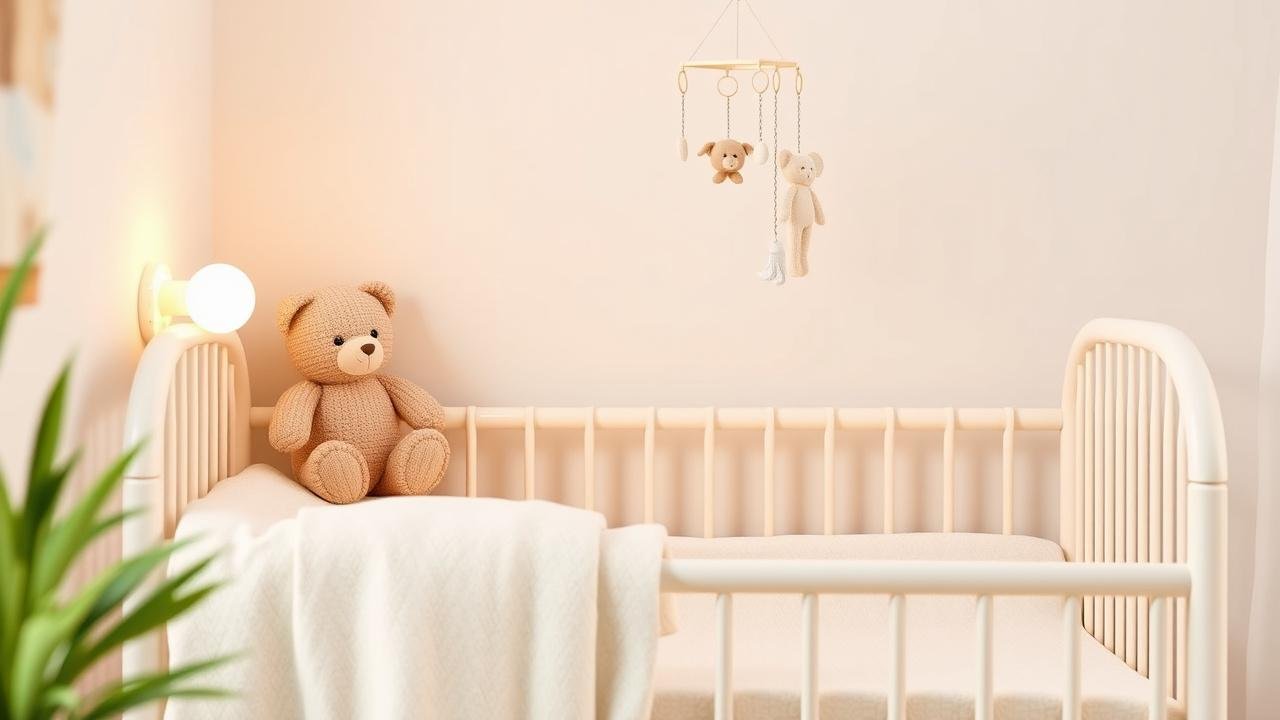
Supporting your newborn’s emotional development and bonding through early interaction is a vital part of newborn care that complements understanding their basic needs and feeding routines. Gentle touch, eye contact, and responsive communication foster a strong emotional connection, helping your baby feel secure during those first critical weeks. This bonding not only soothes your infant but also encourages healthy brain development, setting the foundation for future growth. These interactions work hand-in-hand with creating a safe sleeping environment by promoting calmness before rest. When you respond to your baby’s cues promptly—whether during feeding or comforting—you reinforce trust and attachment, which are crucial as you navigate common health concerns or establish hygiene routines at home. Prioritizing these moments nurtures both your baby’s emotional well-being and your confidence as a new parent, making it easier to adjust after leaving the hospital and seek support when needed.
Preparing for Post-Hospital Newborn Care: Essential Supplies and Home Setup Tips
Preparing for post-hospital newborn care is a crucial step that lays the foundation for a smooth transition from hospital to home. Ensuring you have essential supplies like diapers, gentle wipes, soft clothing, and safe sleep gear helps address your baby’s basic needs right away, complementing the guidance found in sections about understanding those needs and creating a secure sleeping environment. Thoughtful home setup—such as organizing feeding stations aligned with breastfeeding or bottle-feeding tips—reduces stress and supports consistent routines. Equipping your space with items for hygiene practices encourages cleanliness without overwhelming new parents, tying into effective newborn hygiene advice. This preparation also allows you to focus on recognizing health concerns early and fostering emotional bonding through calm interaction. By thoughtfully assembling supplies and arranging your home before discharge, you build confidence and create a nurturing environment where both baby and parents can thrive during those first critical weeks after leaving the hospital.
Building Confidence and Seeking Support: Resources for New Parents After Leaving the Hospital
Building confidence as a new parent grows from understanding your newborn’s needs, creating a safe environment, and knowing when to seek help. Embracing support networks and reliable resources can ease the transition from hospital to home, allowing you to focus on nurturing and bonding with your baby. Each step in newborn care—from feeding to hygiene and emotional connection—forms the foundation for a healthy start. Remember, parenting is a journey best approached with patience and openness. At MomDadDispatch.com, you’ll find a caring space that walks alongside you every step of the way.

